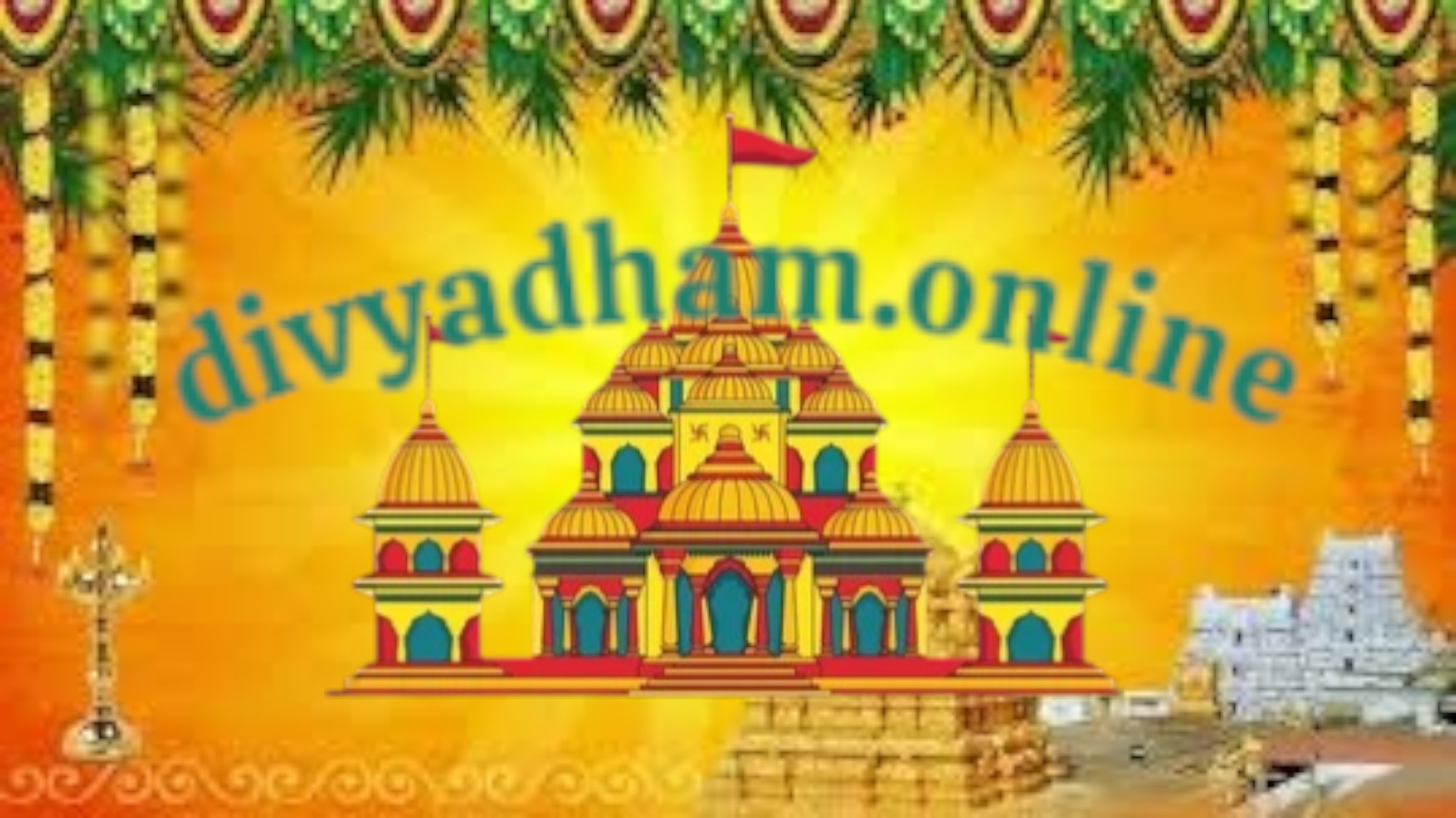🌙 Sacred Fasting & Vratas
Discover the spiritual significance and benefits of Hindu fasting traditions and vratas
Search Fasting Types
Find fasts by name, deity, or significance

Ekadashi Vrat
Significance:
Purification of mind and soul
Ekadashi is the eleventh day of the lunar fortnight. Observing this fast helps devotees attain moksha and removes sins. It is believed that Lord Vishnu sleeps during Chaturmas and wakes up on Prabodhini Ekadashi.
Key Rules:
Benefits:

Karva Chauth
Significance:
For husband's long life and prosperity
Karva Chauth is observed by married women for their husband's well-being. The legend tells of Queen Veervati who saved her husband's life through the power of this fast.
Key Rules:
Benefits:

Navratri Vrat
Significance:
Worship of Divine Mother
Navratri celebrates the victory of Goddess Durga over demon Mahishasura. The nine days represent the nine forms of the goddess and are observed with fasting and prayers.
Key Rules:
Benefits:

Maha Shivaratri Vrat
Significance:
Night of Lord Shiva
Maha Shivaratri is the night when Lord Shiva performed the cosmic dance of creation, preservation, and destruction. Devotees stay awake all night chanting and worshipping.
Key Rules:
Benefits:

Janmashtami Vrat
Significance:
Birth of Lord Krishna
Janmashtami celebrates the birth of Lord Krishna at midnight. Devotees fast during the day and break it after midnight prayers and celebrations.
Key Rules:
Benefits:

Pradosh Vrat
Significance:
Evening worship of Shiva
Pradosh is the twilight period considered auspicious for Shiva worship. The 13th day of lunar fortnight is especially powerful for prayers and fasting.
Key Rules:
Benefits:
Start Your Spiritual Fasting Journey
Get personalized fasting calendar and guidance for your spiritual growth